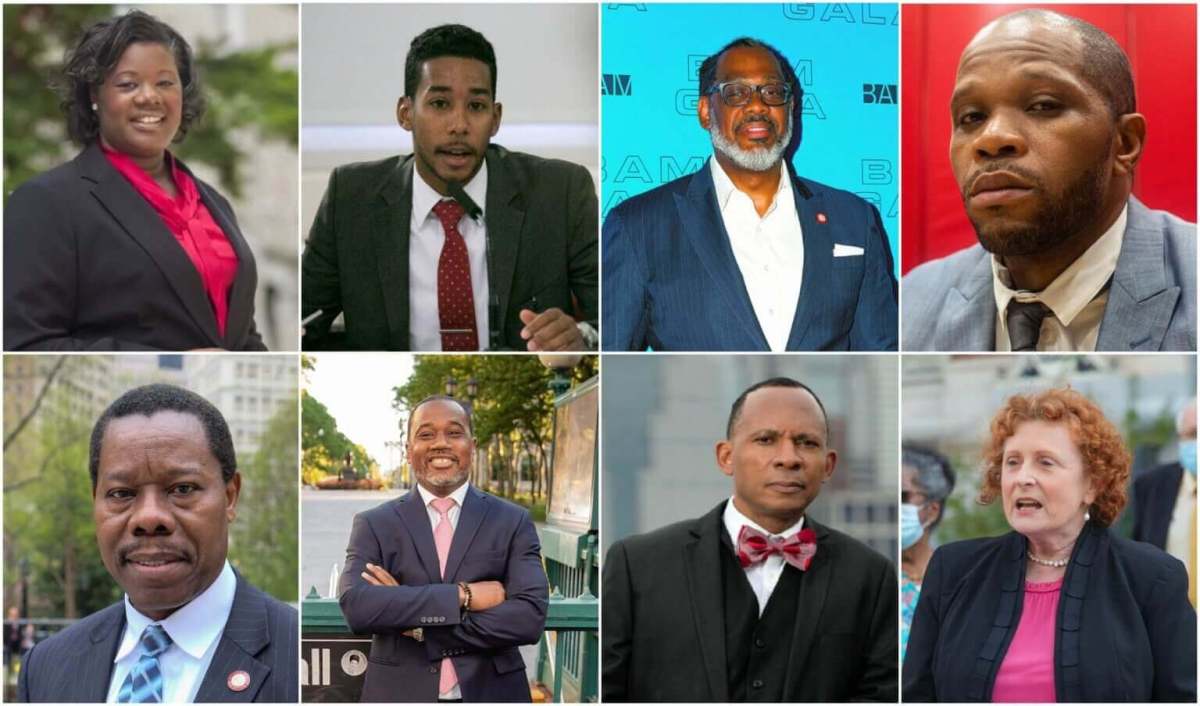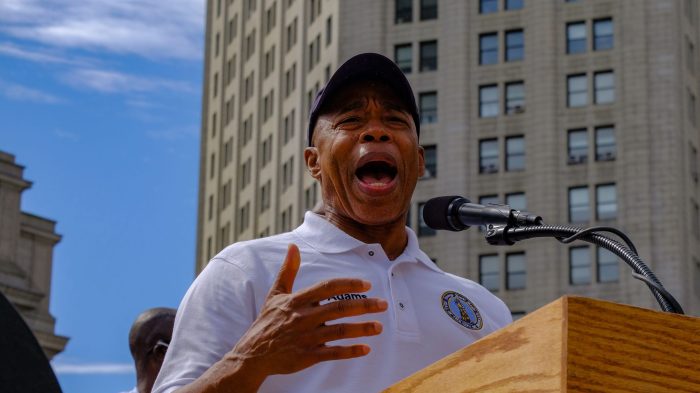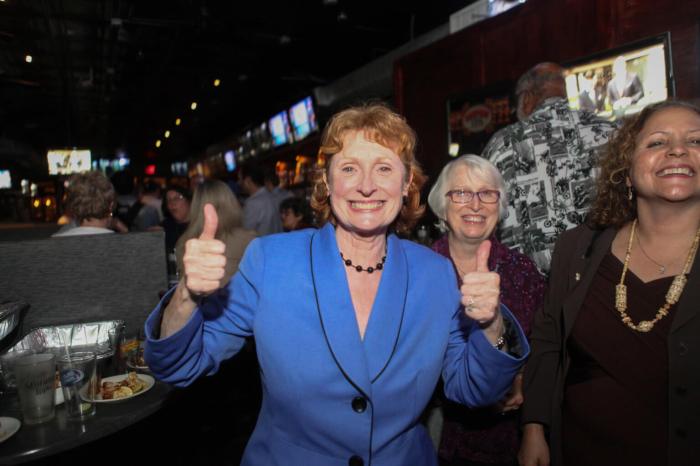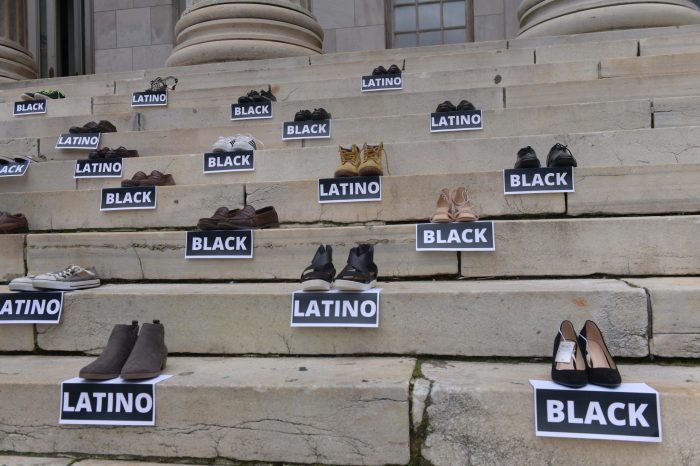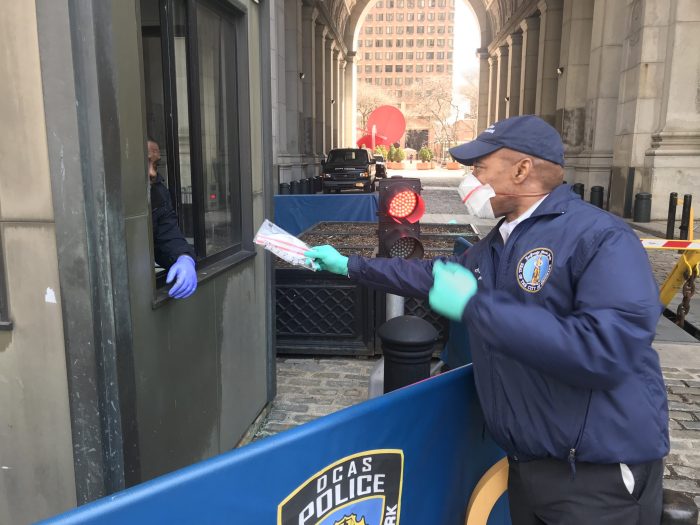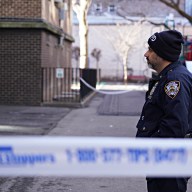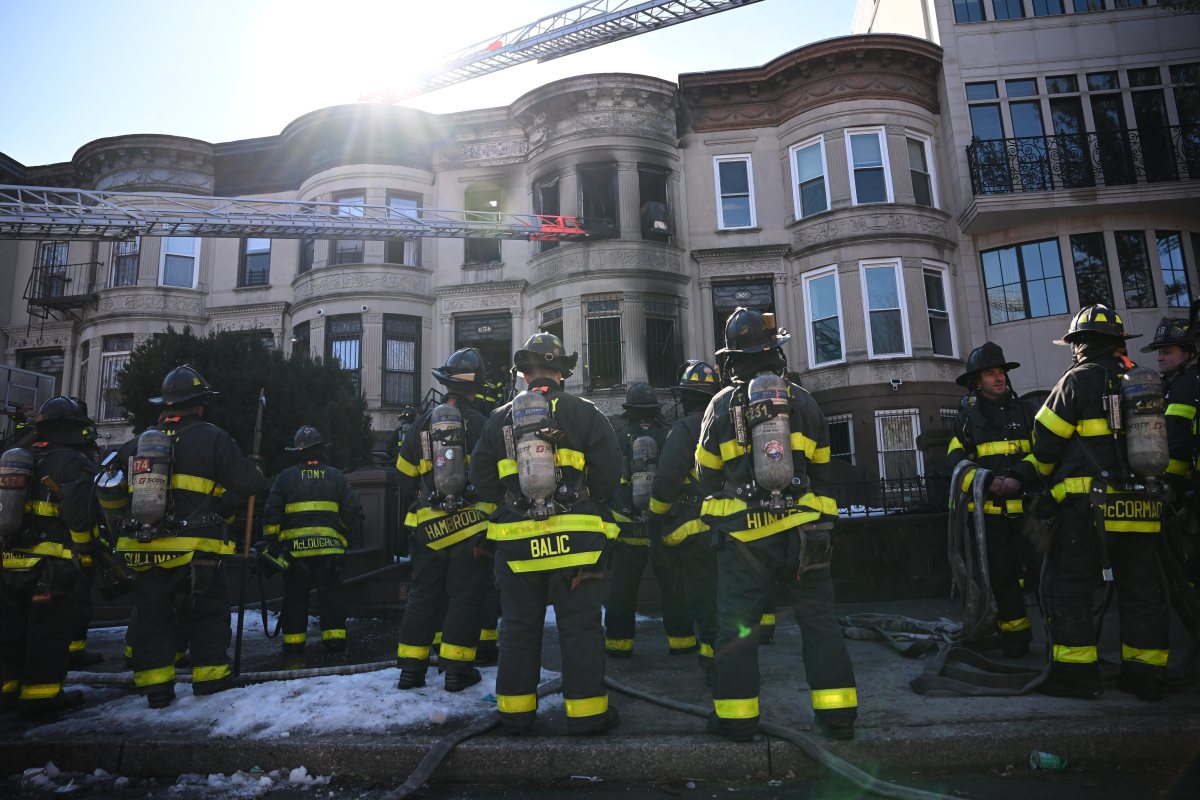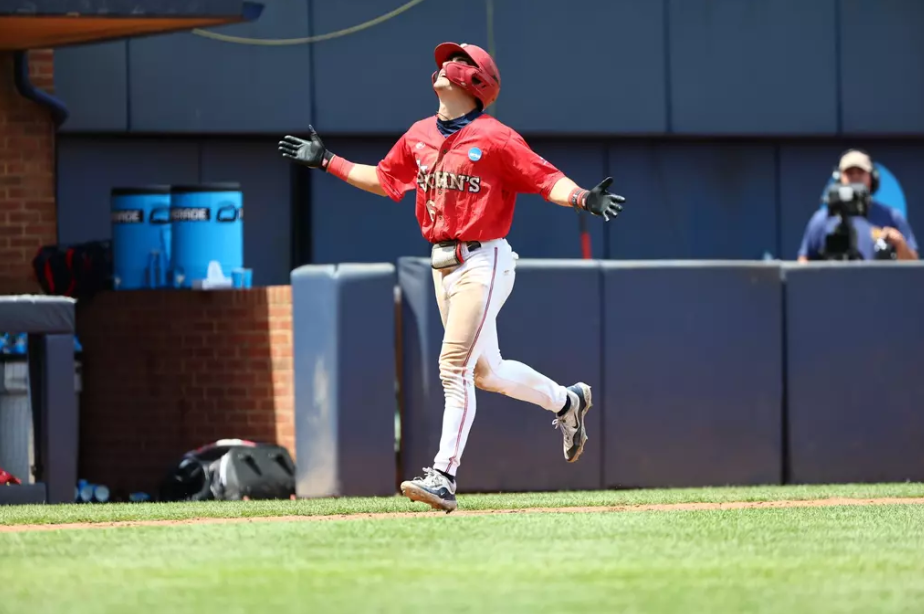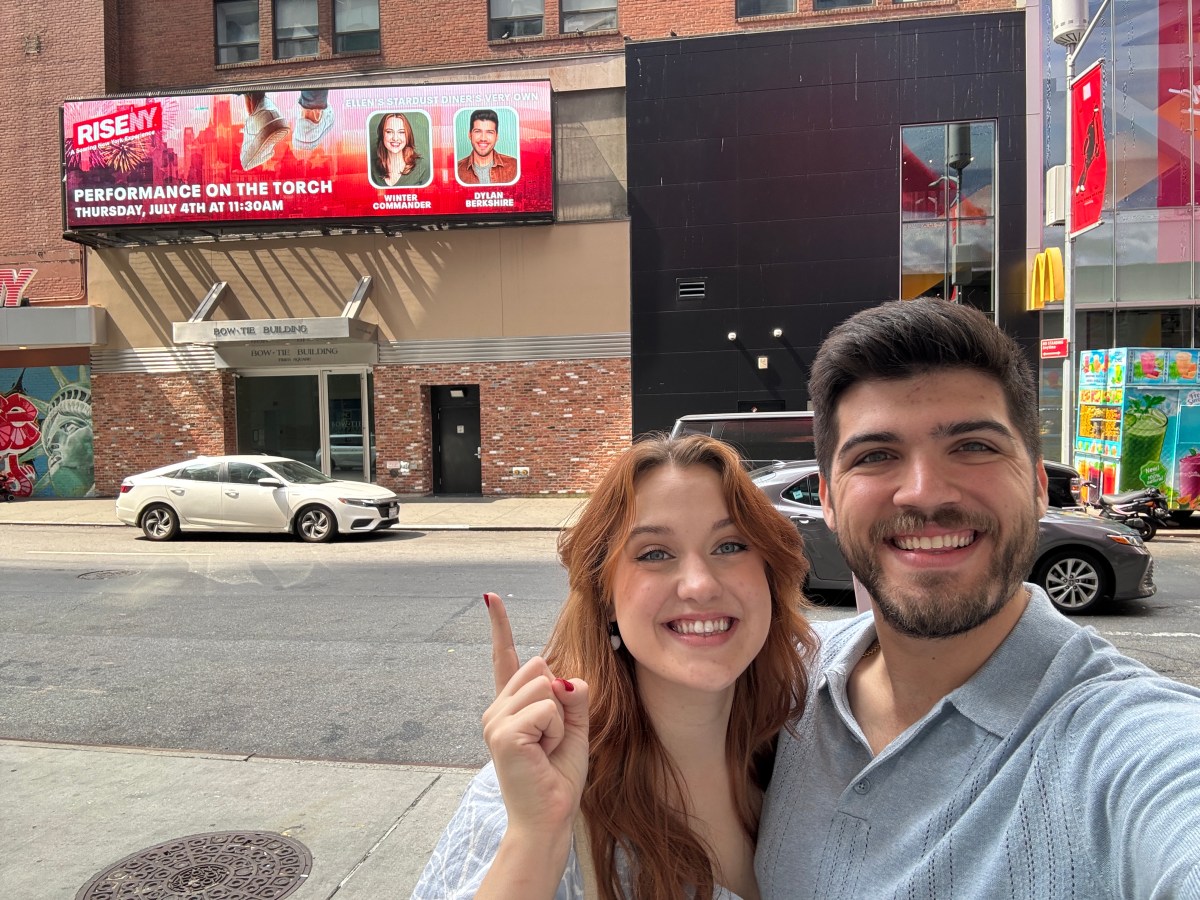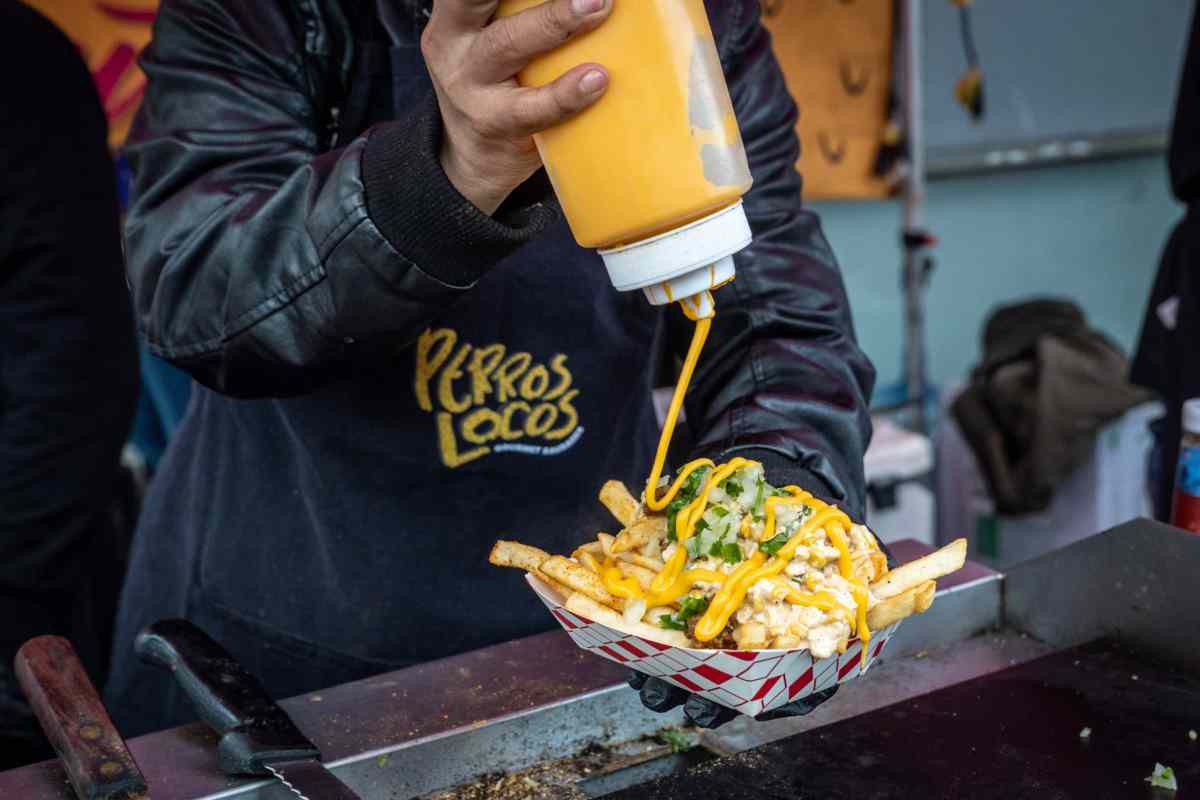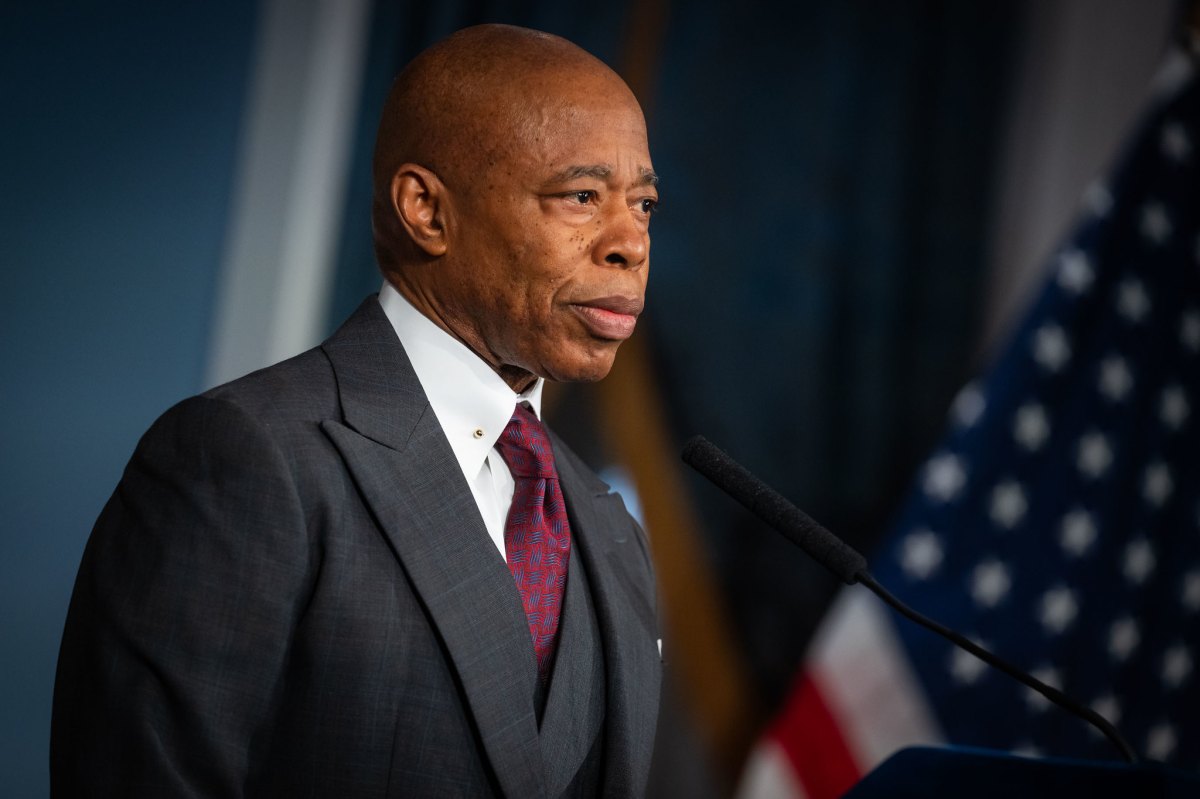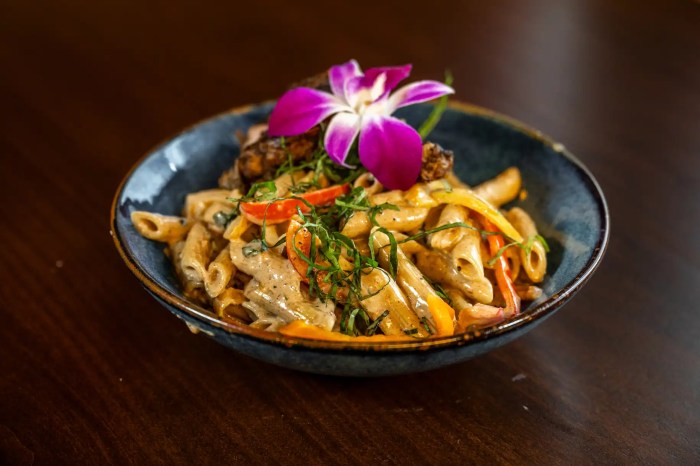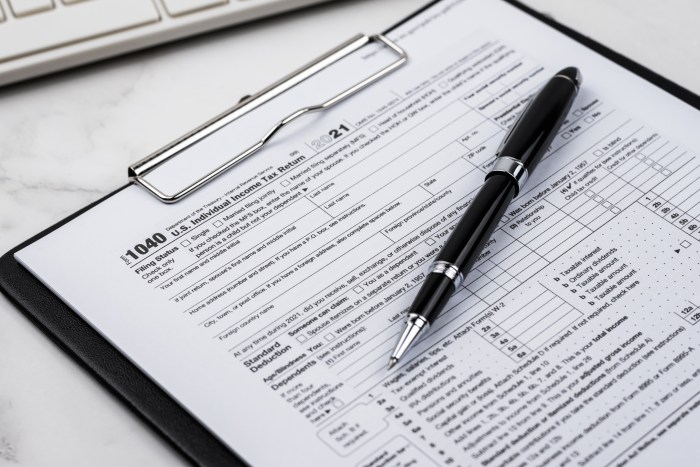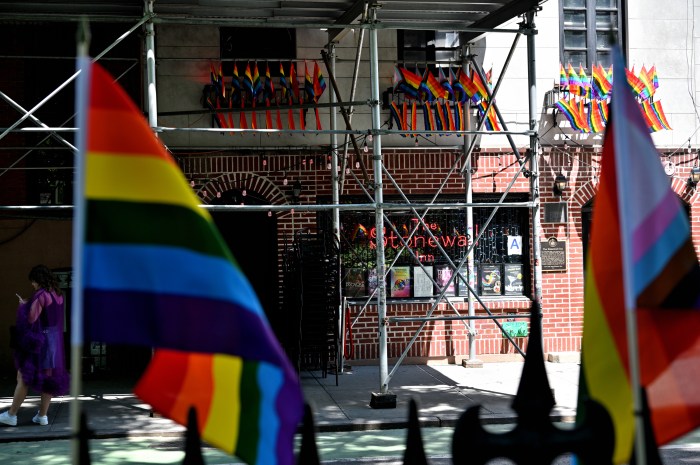As the race for Borough President heats up, Brooklyn Paper’s sister publication Kings County Politics asked the candidates who they admire in history, what initiatives they have to combat injustice, how they have already implemented those policies, and about their visions for a more united Brooklyn that proudly celebrates diverse neighborhoods.
As imagined the favorite historical figures among the candidates were the eloquent W.E.B Dubois, the hardworking Frederick Douglass, the steadfast Malcolm X, courageous Dr. Martin Luther King Jr., and Brooklyn’s own fierce trailblazer Shirley Chisholm.
Many candidates said they drew from personal experiences when it comes to social injustice.
Rev. Kim Council
“Real diversity means going even farther by acknowledging and celebrating our differences. As a woman of color, I know what it feels like to be second-guessed and underestimated,” said Council.
Council supports requiring police officers to learn the history of police mistreatment of Black and Brown communities, she said, because on an individual level the department needs more education. “So much of our discrimination is institutional and geographic,” she said.
Couincilmember Antonio Reynoso
“A lot of the issues we’re trying to address, some people are doing through sympathy or empathy. Mine is through experience. I was a poor brown boy that grew up in the southside of Williamsburg. Whether it was welfare, food stamps, section 8, you name it any government assistance my family had to take advantage of to give us a fair shot. But, because of it I’m here as a councilmember and potentially the next borough president,” said Reynoso.
His district in Williamsburg and Bushwick, he said, has been through a period of gentrification so as a result its old and new residents are diverse in culture and opinions. He said most people in the district agree on housing as a human right, healthcare, and education though. He said he really wants to champion the spirit of Brooklyn while respecting people’s different walks of life.
One of his first goals, if elected, is to outfit public hospitals with state-of-the-art labor and delivery rooms to address high mortality rates among new Black mothers.
Reynoso said he wholly supported the Black Lives Matter movement in his legislation and budgetary decisions. “I think it’s important for Brooklynites to know that the safest communities in Brooklyn are the ones that have the least amount of police and there’s a reason for that,” said Reynoso. “What I want to do is give that to every community.”
Councilmember Robert Cornegy
Cornegy’s plan, if elected, aims to appoint a range of people with different viewpoints, like residents, service providers, and business owners, to community boards in order to help provide fresh ideas and perspectives.
Cornegy said that he shares characteristics with none other than former President Franklin Delano Roosevelt, because like FDR, he champions “common-sense progressivism.”
During the resurgence of the Black Lives Matter Movement last year, he said he stayed busy helping people in and out of his district.
“I added a Black Lives Matter Plaza on Fulton Street so that people will never forget Black Lives will always matter. As one of the prime sponsors of City Council legislation, I helped make chokeholds illegal to help ensure no New Yorker meets the same fate as Eric Garner or George Floyd,” said Cornegy, “I’ve worked closely with the Bedford Stuyvesant Restoration Plaza to host programs and cultural events to educate the community on why the Black Lives Matter movement is not just a social justice movement, but an economic justice movement.”
Cornegy added that every Wednesday, he continues to visit a different NYCHA development to deliver free food and meals to residents in need.
Shanduke McPhatter
McPhatter said his vision is to foster more inclusive community boards. He said he’d raise cultural awareness through programming and community events.
“Diversity to me means inclusion and acknowledgment of a person’s religious belief, race, gender, where they come from, and orientation. In order for us to have a vibrant and helpful community variety must be accepted as the standard,” said McPhatter.
McPhatter said as a formerly incarcerated, Black male, from a single-family household, he has had to overcome many social and political barriers. Despite these obstacles, he persevered, and started a non-profit organization focused on preventing and decreasing acts of gun and community violence.
“I address many of the previously mentioned biases daily,” said McPhatter.
Councilmember Mathieu Eugene
Eugene said as someone from Haiti he looks to historical figures like Toussaint Louverture, the father of the Haitian Revolution, whose action and initiative led to the elimination of slavery in his home country.
“I do believe that because of our diversity and because of our different origins, we will be able to face and overcome the challenges that Brooklyn is currently dealing with, heal our society, and empower Brooklyn to reemerge from this pandemic and be stronger than ever before,” said Eugene.
Eugene has had several initiatives in the past that focused on affordable housing, job training, and youth education. He also sponsored legislation that researches epidemics, pandemics, and the spread of infectious disease in the event of a public health emergency.
Khari Edwards
Edwards is the first Vice President of color at Brownsville’s Brookdale Hospital, which primarily serves communities of color. Part of his job is addressing complaints of anti LGBTQ bias, ageism, sexism and discrimination. He said he strongly believes biases and racism in society are rooted in a lack of understanding, communication, and empathy.
“A perfect example of this is the racial inequalities with the vaccine distribution here in New York City. With my 20 years of experience in healthcare and government in Brooklyn, I would tackle this issue head on by opening more vaccination sites in underserved communities. It’s critical to educate and communicate the safety of the vaccine and the benefits of taking it to the communities who are being hit the hardest by COVID,” said Edwards.
District Leader Anthony Jones
Jones said celebrating Black history is an essential in America. “It is a time when positivity is high regarding our contributions to America and the world. It reminds us that our history as Black Americans is not limited, nor did it start with slavery,” he said.
During last year’s pandemic, he said he witnessed the “tale of two Brooklyns” where there was egregious disparity in some neighborhoods and very little in others. He promised to support a fully funded capital budget and target better relations with community and police.
“I want to build the pipeline of prosperity, collaboration, unity, wealth, and equal distribution of government resources,” said Jones. “My message to Brooklyn is ‘Give Brooklyn, what Brooklyn Deserves’.”
Assemblymember Jo Anne Simon
Simon said she’s been an activist, a disability civil rights attorney, and a progressive her whole career. She has helped pass equal pay for women, bills to end sexual harassment, and is a staunch supporter of the BLM movement.
“As a teacher of the deaf, and then through my work in disability rights and for LGBTQ+ rights, I value the insights and contributions of all stakeholders,” said Simon. “As a woman who has experienced discrimination because of my gender, I am committed to work towards a more vibrant and inclusive Brooklyn, regardless of race, class, age, gender or sexual orientation. That means ensuring there is diversity in the office of the Borough President, on the local Community Boards, in the stakeholder task forces I create, and that the programs and policies I support are benefitting people of all backgrounds.”
She said if elected, her priorities as a former educator would be child literacy and addressing inequities in education for students with disabilities and communities of color. Simon also said that she will focus on progressive transportation and environmental projects as well.
This story first appeared on KingCountyPolitics.com



